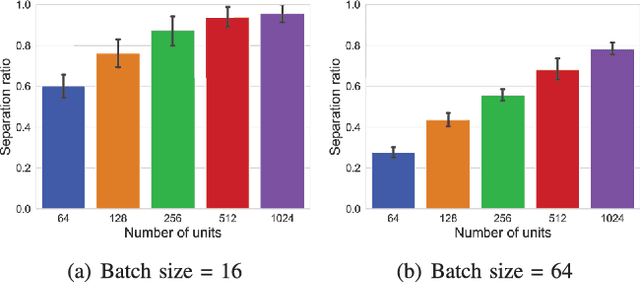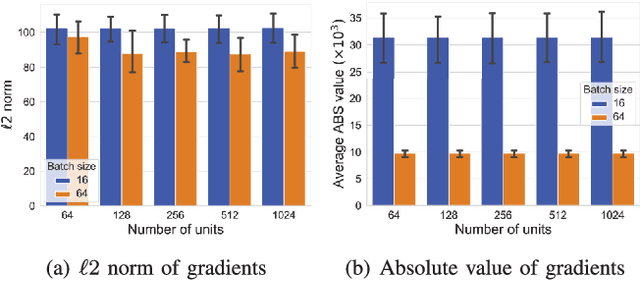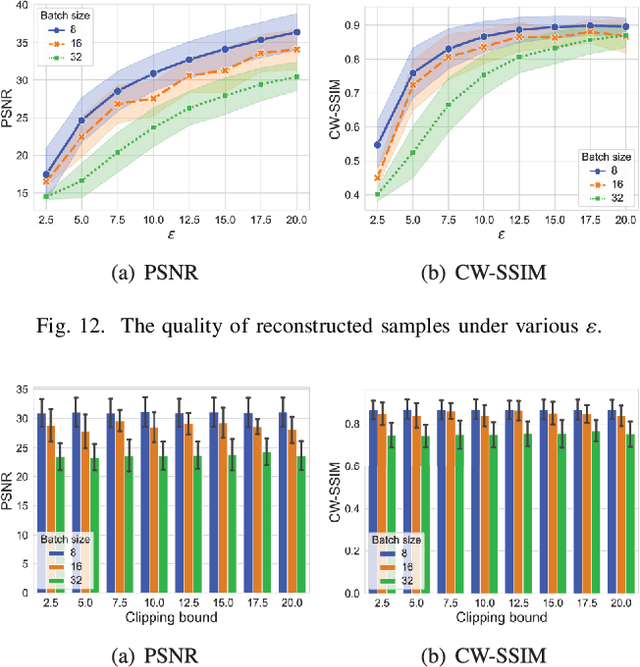Local Differential Privacy is Not Enough: A Sample Reconstruction Attack against Federated Learning with Local Differential Privacy
Paper and Code
Feb 12, 2025



Reconstruction attacks against federated learning (FL) aim to reconstruct users' samples through users' uploaded gradients. Local differential privacy (LDP) is regarded as an effective defense against various attacks, including sample reconstruction in FL, where gradients are clipped and perturbed. Existing attacks are ineffective in FL with LDP since clipped and perturbed gradients obliterate most sample information for reconstruction. Besides, existing attacks embed additional sample information into gradients to improve the attack effect and cause gradient expansion, leading to a more severe gradient clipping in FL with LDP. In this paper, we propose a sample reconstruction attack against LDP-based FL with any target models to reconstruct victims' sensitive samples to illustrate that FL with LDP is not flawless. Considering gradient expansion in reconstruction attacks and noise in LDP, the core of the proposed attack is gradient compression and reconstructed sample denoising. For gradient compression, an inference structure based on sample characteristics is presented to reduce redundant gradients against LDP. For reconstructed sample denoising, we artificially introduce zero gradients to observe noise distribution and scale confidence interval to filter the noise. Theoretical proof guarantees the effectiveness of the proposed attack. Evaluations show that the proposed attack is the only attack that reconstructs victims' training samples in LDP-based FL and has little impact on the target model's accuracy. We conclude that LDP-based FL needs further improvements to defend against sample reconstruction attacks effectively.
 Add to Chrome
Add to Chrome Add to Firefox
Add to Firefox Add to Edge
Add to Edge